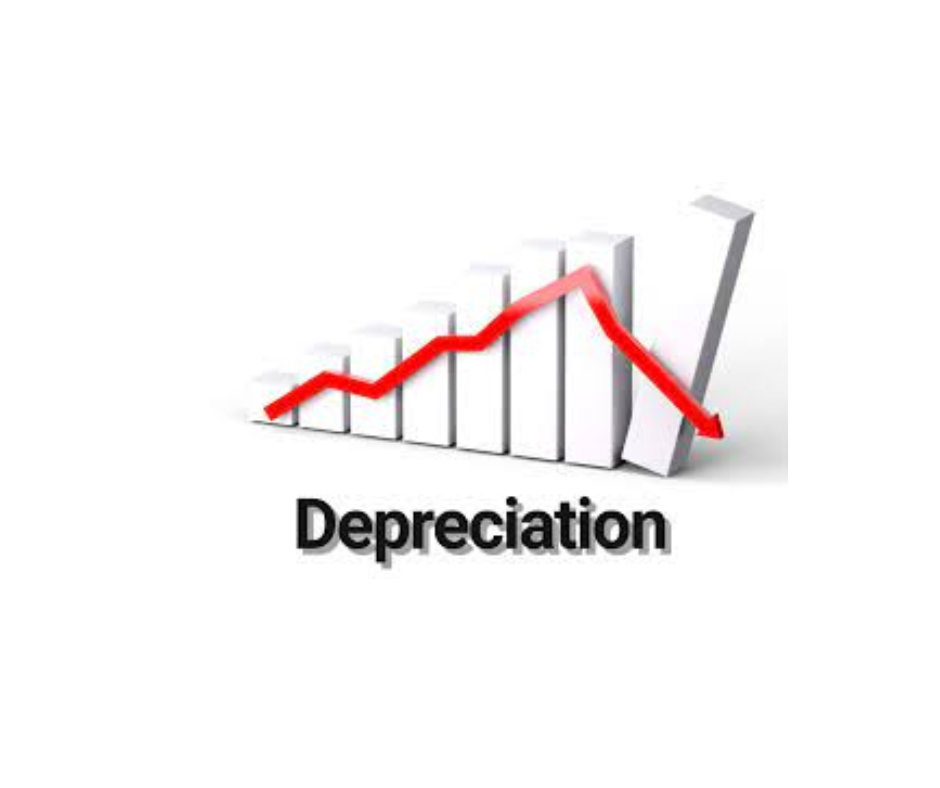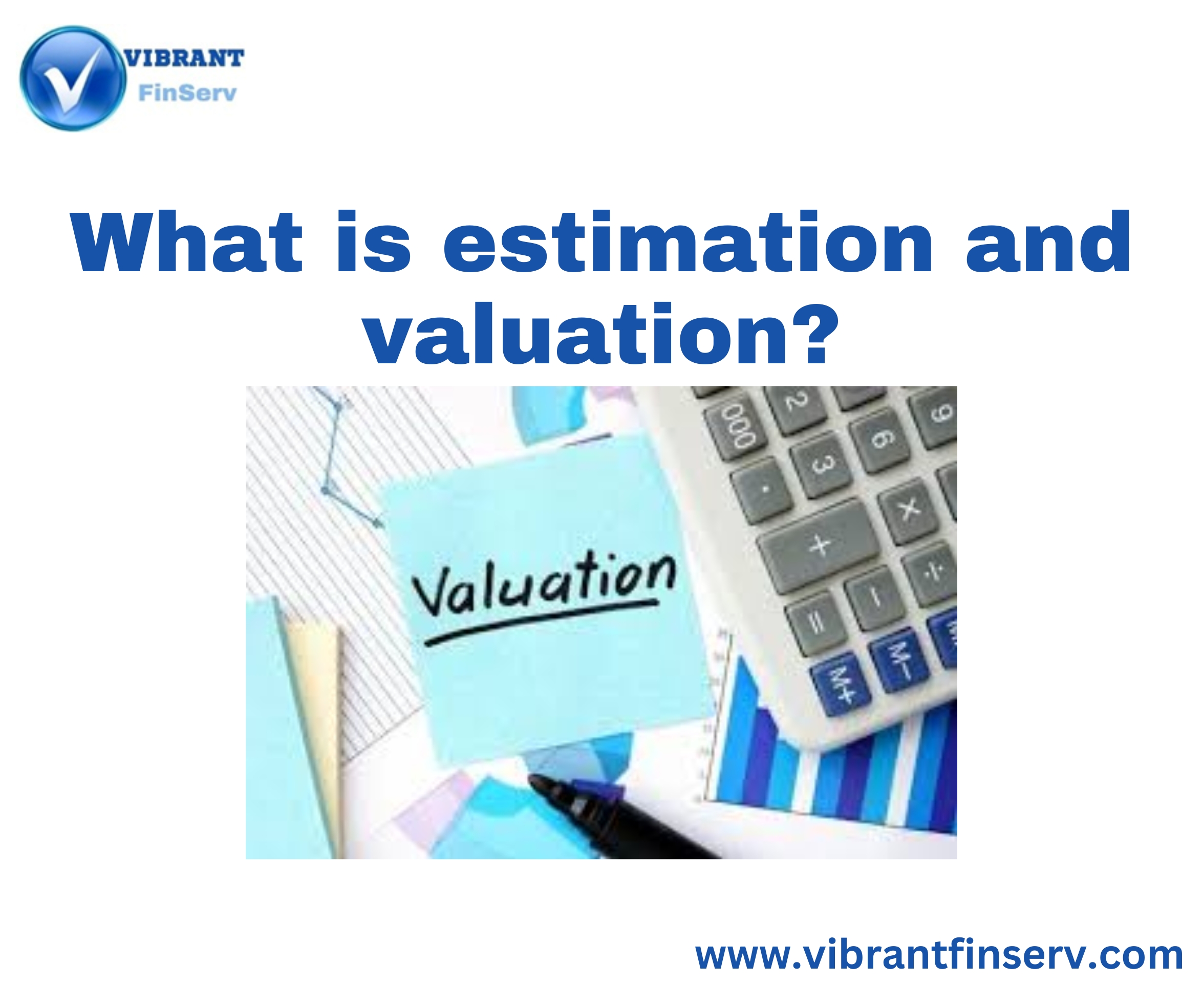Does net worth include liquid assets?
Net worth Yes, net worth includes liquid assets. It is a measure of an individual’s or entity’s overall financial position and represents the difference between their total assets and total liabilities. It provides an indication of their wealth or financial value. Assets can be categorized into two main types: liquid assets and non-liquid… Read More »







